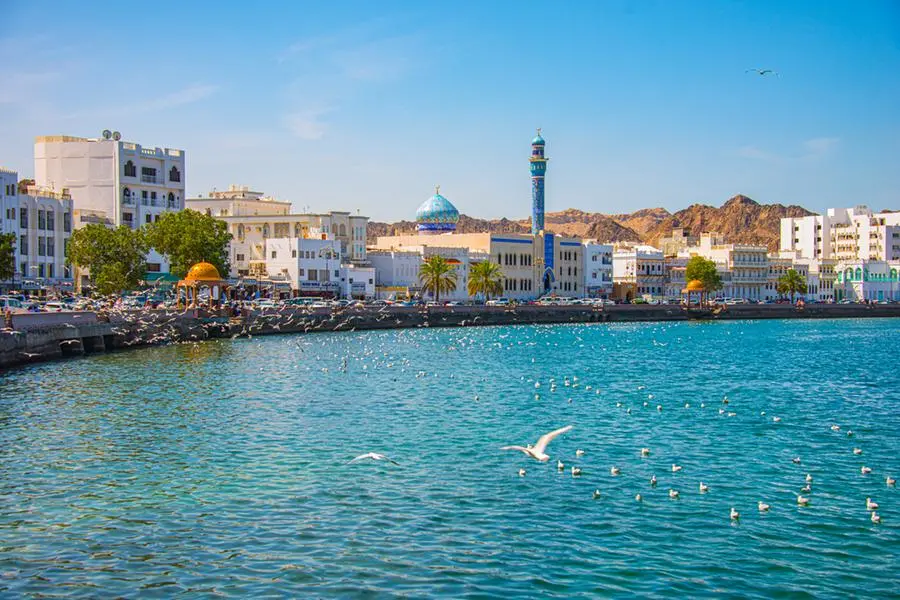PHOTO
AL DUQ - The Special Economic Zone at Duqm (SEZAD) launches its Duqm Summer Series on August 5 with a focus on AI and automation, targeting the zone’s growing business community.
The opening session features Saeed Abdul Ghafoor, whose company Star Drones built TARIQ – Oman’s first domestically manufactured drone using local materials. Star Drones has deployed their AI-powered drones over 19,000 acres of agricultural projects while developing applications spanning environmental monitoring to manufacturing.
Ghafoor’s experience is relevant to SEZAD-based companies who are implementing AI solutions throughout their operations but need practical guidance on expanding these initiatives.
“SEZAD-based companies are already successfully deploying AI solutions, but the real challenge lies in scaling these initiatives effectively,” explains Eng Ahmed Akaak, CEO, SEZAD. “The Duqm Summer Series connects our tenant community with practitioners who’ve successfully made this transition - people who can share what worked, how they achieved it and what obstacles they overcame.”
The potential for greater impact is substantial. The World Economic Forum’s Global Lighthouse Network - 189 production facilities that have implemented AI - shows what systematic deployment can achieve: network members report 53% higher productivity and 26% lower costs. Beyond operational efficiency, AI implementation delivered 50% reductions in new product introduction times and substantial environmental benefits including 30% to 50% reduction in emissions and an average 30% reduction in material waste.
For SEZAD, positioned between Europe, Asia and Africa such results create both opportunity and urgency. UNIDO research indicates that every manufacturing job generates more than two additional positions in other sectors, making technology adoption about broader economic development, not just efficiency.
This focus on broader economic development shapes the Duqm Summer Series format. “When a logistics manager learns supply chain strategies from someone in fisheries, or a renewable energy company shares workforce solutions with manufacturing executives, that’s when real innovation happens,” notes Eng. Akaak.
Each session runs for an hour starting at 1:00pm, combining presentations with discussions. Other sessions in the series continue this practical approach: workforce development with Development Bank’s Auf Al Aufi (August 12), supply chain resilience featuring the Ministry of Transport, Communications & Information Technology’s Nabeel Al Balushi (August 19) and workplace culture and wellbeing with Sultan Qaboos University’s Dr. Aziza Al Sawafi (August 26).
With SEZAD attracting RO 6 billion (US$15.5 billion) in cumulative investment commitments - a 55% increase on 2023 - the Duqm Summer Series addresses the day-to-day practical challenges facing the zone’s businesses. “Our tenants aren’t just seeking cost advantages, they’re tackling the key questions facing modern industry today: How do you move beyond AI pilots to systematic deployment? What does workforce development look like when technology changes rapidly? How do you build supply chain resilience in a fragmented world?” explains the SEZAD CEO.
For SEZAD companies already implementing AI but seeking guidance on expansion, Ghafour’s template could potentially provide the roadmap they need to unlock the productivity gains seen globally.
2025 © All right reserved for Oman Establishment for Press, Publication and Advertising (OEPPA) Provided by SyndiGate Media Inc. (Syndigate.info).




















